World Mental Health Day provides an opportunity for the global population to pause and raise awareness of mental health concerns around the world. It is an opportunity to pause, reflect and act to help those who are struggling. This year’s focus is mental health in an unequal world.
So given our expertise in the area and it being at the forefront of our ethos, we wanted to think about this in the context of body confidence. To start off, we’d like to ask you to think about the following and jot down your ideas:
What are the things that spring to mind when you think about body confidence in an unequal world?
Do you think about the discrimination, marginalisation and under-representation of black bodies? Does it conjure up the fight for gender equality? The ongoing struggle for women to have control over their bodies? Do you think of the history and today’s reality of objectified bodies? Do you think about access to food and water, or education around nutrition, or access to health services?
Your mind might think about the impact of the internet; or the impact western ideals of heteronormative beauty have had over the world. You may consider the obesity epidemic and eating disorders. You might think of the carers; or visibility of people with disabilities; or flying the flag for diverse plus-sized bodies. You may want to know what is being done in parliament on body image issues and you may consider the tremendous efforts of various body confidence movements to level the playing field. Or all of the above, or something else entirely?
In our unequal world many of the current and future stories we tell ourselves about our bodies and our confidence are a direct result of environmental factors. Some of these are beyond our control, some are not. Regardless, we are left to learn to manage the consequences, find a way through them, and do what we can to create change. And it starts with what we do have control over.
The body confidence movement
The body confidence movement evolved from the ‘body positivity’ movement which was routed in a social movement from the 90’s. This accepted all bodies regardless of size, shape, skin tone, gender and physical disabilities whilst challenging societal beauty norms (the ‘body positivity’ was also derived from the ‘fat liberation movement’ of the 60’s).
At its heart the body confidence movement addresses equality. A large percentage of the population suffer at the hands of harbouring a negative relationship with their body image – this is something that affects individuals of all walks of life. But regardless of who these people are and where they are from, there is one thing they all have in common; facing such a challenge is all encompassing. In fact, it can affect every part of life.
What do we do?
No one built Rome in a day. There is no quick fix, but each and every one of us can influence the circles in which we reside. In fact, we are subconsciously influencing the people around us all the time – so why not make it positive. Here are our 5 step plan to influencing global body confidence equality:
Awareness
This is where most change starts. The first step is always awareness – get informed, research, ask (appropriate and well-timed) questions, reflect, and don’t shy away from the big picture.Empathy
Show empathy, always. We never know what someone is going through or has been through. For one step further than empathy try mentalisation. This means considering from another’s viewpoint based on their experiences and beliefs, rather than your own.Allyship
This is about promoting inclusion and the first step to being a good ally is to listen. Listen to what black people are saying and listen to what LGBTQIA+ people are saying. Acknowledge your privilege, educate yourself, and speak up and challenge racism and transphobes. Make it known if you hear disparaging remarks; let your friend know when their post is inappropriate and why – continue the conversation. Reach out and ask what you can do to help in a way that is suitable for the other person, rather than the way you would like to be helped yourself.Role modelling
Be the change you want to see, speak kindly to yourself, refuse to make jokes at your own expense or the expense of others. We are either living in a state of fear or a state of love – choose love.Lead
If you are already practicing points 1-4 then you are smashing this one! For bonus points help pass on knowledge and help those to level up the playing field by bringing equality to those struggling with their body image. Or use your online platforms to pass on body stories, opinions, blogs (such as this one) and voices of those who would not otherwise be heard. Let’s spread our message around the world.
What is our message?
As an organisation our objective is to help as many people as possible feel more comfortable in the skin they are in. Understanding people’s historical contexts and the obstacles they encounter in being body confident is a key part of providing the relevant and appropriate content in our courses.
Change is not only possible but it is happening right now. There is a power in the collective, and with the internet we’ve been able to educate, learn and pass on information faster than ever before. We want you to dare to love yourselves, as you are right now. Your body is beautiful. We thank you from the bottoms of our daring hearts for being a part of the body confidence equality movement.
For body confidence, the only world we see is a world where no one is held back from achieving what they want out of life because they are worried about their body or looks.


